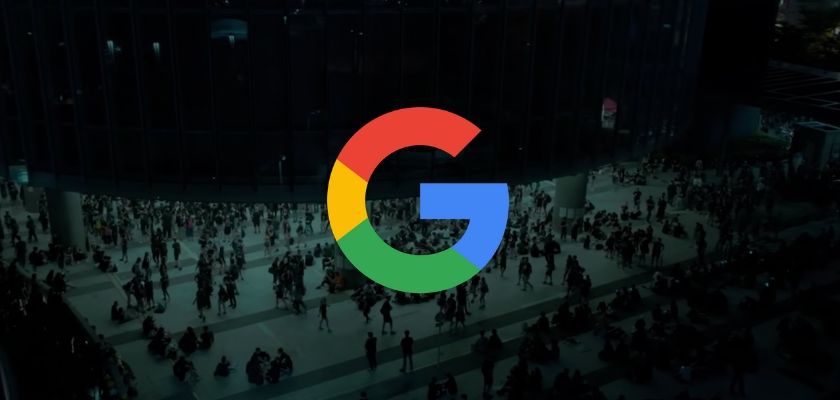Google left China in a fit of indignant hurry in 2010 – but has never truly gotten over the loss of this huge and lucrative market.
In the years since there have been hints and overtures by the US tech giant signaling its desire to return – and stepping on Beijing’s toes in any way would likely be viewed as a very bad business move from Google’s perspective.
This reality has left the behemoth vulnerable to criticism from all sides – especially when China starts making headlines for all the wrong reasons, as is currently the case with the ongoing protests in Hong Kong.
But while the other two members of the US social media triad – Twitter and Facebook – have called China out for disinformation about Hong Kong Google remains reluctant to do so.
Google’s video platform YouTube has blocked as many as 210 channels it believes carried out a disinformation campaign related to the Hong Kong unrest. But Google has not pointed the finger directly and clearly at Beijing in its statement announcing the bans – and this has invited questions as to the company’s motives.
The announcement came in a blog post, which said the channels have been shut down and mentioned that they had exhibited behavior “consistent with recent observations and actions related to China announced by Facebook and Twitter.”
Twitter and Facebook seem to have based their actions against the accounts believed to be spreading misinformation on their own findings, including “reliable evidence.”
There have been suggestions that it’s due to Google’s attempts to rekindle its business relationship with China, including the now-abandoned Project Dragonfly – a version of its search engine that would comply with Beijing’s free speech restrictions. Google also operates an Artificial Intelligence (AI) research division in that country.
And recently, tech billionaire and Trump supporter Peter Thiel implied that Google was cooperating with China on AI-based projects, while at the same rejecting to work with US military on similar projects.
At the time, Thiel, who is a board member of Facebook, labeled this behavior as “seemingly treasonous.”
President Donald Trump then said that his administration would “take a look” at the apparent accusations – but the idea seems to have been abandoned in the meanwhile.






















